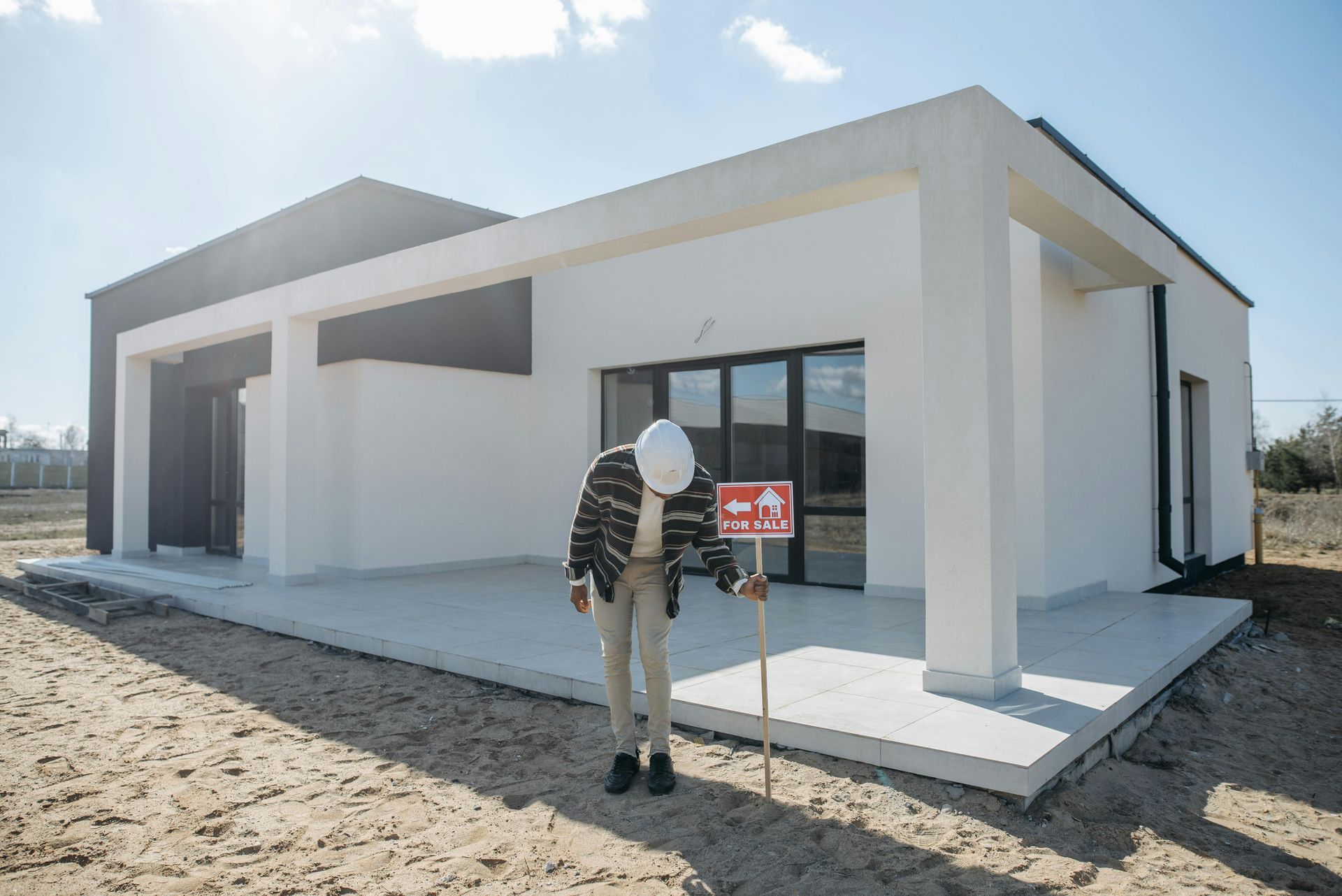Indian Rocks Beach Vacation Rental & Airbnb Regulations
Indian Rocks Beach Vacation Rental & Airbnb Rules & Regulations: A Guide for Rental Owners

Indian Rocks Beach is a popular vacation destination, attracting visitors who want a relaxing seaside getaway along Florida’s beautiful west coast. With this popularity, short-term rentals like Airbnbs and vacation homes have become increasingly common. However, the city has strict regulations and a short-term rental ordinance to balance the benefits of vacation rentals with the needs of local residents and maintain good neighbor relations. This guide will help rental owners understand and comply with Indian Rocks Beach short-term rental rules and vacation rental regulations to ensure smooth, lawful operation.
Whether you’re an experienced host or new to the vacation rental business in Indian Rocks Beach, following these rules is essential to avoid penalties, provide a safe, enjoyable experience for your guests, and stay aligned with city law.
Quick Compliance Checklist for Vacation Rentals
To help you get started, here’s a quick compliance checklist. This will give you an overview of the main requirements for running a vacation rental in Indian Rocks Beach:
- Registration: Register your property with the City of Indian Rocks Beach.
- Occupancy Limits: Adhere to the occupancy limits set by the city based on available living spaces.
- Noise Restrictions: Follow quiet hours and decibel limits to minimize disturbances.
- Parking Requirements: Ensure adequate on-site parking as per city guidelines.
- Waste Disposal: Follow city rules for trash and recycling to keep the property tidy.
- Advertising Rules: Comply with restrictions on how you advertise your rental.
- Safety Standards: Install required safety features, including smoke detectors and fire extinguishers.
- Responsible Contact: Designate a local contact available 24/7 to handle guest issues.
By checking off each item, you’ll have a solid foundation for legal and respectful operation in Indian Rocks Beach.
Detailed Guide to Compliance
Rental Registration Process
To legally operate a vacation rental in Indian Rocks Beach, your first step is to register with the city. Here’s how to get started:
- Application: Submit a vacation rental registration application, which must include detailed property information, proof of ownership, and contact details for a designated responsible person.
- Inspection: Your property will need to pass a city inspection to ensure compliance with safety and building standards.
- Fees: Be prepared to pay a registration fee as well as an annual renewal fee.
- Renewal: Registration must be renewed each year before expiration. The renewal process may include additional inspections to verify ongoing compliance.
It’s important to complete these steps promptly, as operating without proper registration can lead to fines and other penalties.
Occupancy and Safety Standards
Indian Rocks Beach sets clear limits on occupancy for vacation rentals, which are based on the number of available “habitable living spaces” rather than just bedrooms. Here’s what you need to know:
- Occupancy Limits: In residential zones, the maximum number of occupants is determined by living spaces, such as bedrooms and other habitable areas. This means you can’t simply add more guests based on bed count; instead, the property must have sufficient designated living spaces to support the desired occupancy.
- Safety Requirements: To comply with city regulations, your rental must be equipped with essential safety features, including:
- Smoke and Carbon Monoxide Detectors: These must be installed and maintained according to Florida Building Code.
- Fire Extinguishers: A working fire extinguisher must be on each floor.
- Exit Signage: Clear exit signage is required to help guests evacuate safely in an emergency.
Following these safety standards not only ensures compliance but also enhances the safety and experience of your guests
.
Noise and Quiet Hours
Noise disturbances can be a major issue in residential areas, so Indian Rocks Beach enforces strict noise regulations for vacation rentals:
- Quiet Hours: Quiet hours are typically between 10:00 PM and 7:00 AM. During these times, it’s essential to limit noise to a respectful level to avoid disturbing neighbors.
- Sound Level Limits: The city also has decibel limits that vary by time of day. Ensure you monitor and control sound levels during your guests’ stay. Amplified sound, such as music through speakers, may require additional measures to keep within permitted noise levels.
Encourage guests to respect these quiet hours and inform them of noise restrictions. This will not only prevent complaints but also contribute positively to the neighborhood’s character.
Parking and Waste Management
Proper parking arrangements and waste disposal are crucial aspects of operating a vacation rental in Indian Rocks Beach. The city has established specific guidelines to ensure that these elements don’t disrupt neighborhood life.
Parking Requirements
Parking availability is often a sensitive issue in residential neighborhoods. To avoid conflicts, Indian Rocks Beach has set minimum on-site parking requirements for vacation rentals:
- Single-Family and Two-Family Dwellings: These units must provide one on-site parking space per bedroom.
- Multifamily Dwellings: For buildings with one or two bedrooms, two on-site parking spaces are required. If there are units with more than two bedrooms, each additional bedroom must have its own designated parking space.
Parking spaces must be accessible, clearly designated, and maintained for guest use. If the property does not meet these parking requirements, it could be subject to penalties, and the rental permit could be at risk.
Waste Disposal Guidelines
To maintain cleanliness and respect for the community, vacation rentals must adhere to city waste disposal policies:
- Trash Collection: Ensure that garbage is stored in designated containers and placed out for collection on the specified day of the week.
- Recycling Requirements: Recycling should be separated from general waste, following local guidelines for recyclable materials.
- Special Requirements for Condominiums and Multifamily Units: If operating in a condominium or multi-family property, the vacation rental owner must ensure that waste is disposed of in the designated area and follow all property management policies.
These measures help maintain neighborhood cleanliness and prevent potential conflicts with neighbors over improper waste management.
Advertising Rules and Restrictions
When advertising your vacation rental, it’s important to follow specific rules to avoid misrepresentation and meet city guidelines:
- Event Restrictions: Advertising a vacation rental as an event venue for gatherings like weddings or corporate retreats is prohibited if the event will exceed the property’s occupancy limits or violate parking rules.
- Consistency with Registration: Advertisements must reflect the registered occupancy, parking availability, and other details. Misleading advertisements can result in fines or even suspension of the rental permit.
- Required Notice in Ads: All advertisements should include the following notice to inform potential guests:
“You are vacationing in a residential area. Please be a good neighbor by keeping the noise to a respectful level during the day and night. Excessive and unreasonable noise can deprive neighbors of the peaceful enjoyment of their private property.”
These advertising rules are in place to ensure transparency with guests and prevent rental properties from hosting events that disrupt the neighborhood.
Safety Standards and Building Requirements
Indian Rocks Beach requires that vacation rentals comply with building and safety standards designed to protect both guests and the community. Here’s a summary of essential safety requirements:
- Building Codes and Fire Prevention: Vacation rentals must meet Florida Building Code and Fire Prevention Code standards. This includes having clear exit routes, fire extinguishers, and properly maintained smoke and carbon monoxide detectors.
- Evacuation Maps: An evacuation map should be posted near exits in the property, especially if it’s a multi-level building. This is crucial for guest safety in case of an emergency.
- Battery-Powered Emergency Lighting: Battery-operated lights should be installed near exits to ensure safe evacuation during a power outage.
Meeting these standards helps minimize risks and demonstrates a commitment to guest safety, which can also positively impact reviews and guest satisfaction.
Responsibilities of the Designated Contact Person
Indian Rocks Beach requires every vacation rental to have a designated local contact, often referred to as the “Responsible Person,” who is available 24/7 to address guest issues and respond to any emergencies. This individual must meet specific criteria and fulfill various duties:
- Availability: The designated contact must be reachable at any hour, day or night, to respond to complaints from neighbors or enforcement officers. The contact’s name, phone number, and email should be posted visibly within the rental property.
- Prompt Response: If an issue arises, the designated contact person should respond within an hour to address concerns, especially those related to noise, safety, or parking.
- Recordkeeping: Maintain a record of all complaints and how they were addressed, as this information may be required by the city for compliance verification.
The designated contact person plays a vital role in maintaining peace between the rental property and the local community, ensuring that issues are resolved swiftly.
Enforcement and Penalties
Indian Rocks Beach takes compliance with vacation rental regulations seriously. Property owners who fail to follow the guidelines outlined in Ordinance 2023-02 may face substantial penalties:
- Inspections and Violations: The city conducts regular inspections to ensure properties adhere to safety, building, and occupancy regulations. If a property is found in violation, the owner will be given a notice to correct the issue within a set timeframe.
- Fines: For unaddressed violations, fines can reach up to $250 per day. Repeat offenders may face increased penalties and possible revocation of their rental registration.
- Suspension and Revocation: In cases of severe or repeated non-compliance, the city has the authority to suspend or revoke the rental registration, effectively prohibiting the property from operating as a short-term rental.
To avoid these consequences, property owners should make it a priority to stay informed of all regulations and perform regular checks on their properties.
Legal Considerations and Community Relations
The vacation rental landscape in Indian Rocks Beach is evolving, with ongoing discussions about potential changes to existing regulations. Recently, attempts were made to revise the ordinance, but the proposal was rejected, and litigation between property owners and the city remains active. Here’s what rental owners should keep in mind:
- Legal Status: As of now, Ordinance 2023-02 remains in effect, and vacation rental owners are required to comply with all regulations. While legal disputes may lead to adjustments in the future, non-compliance today can lead to immediate penalties.
- Community Impact: Indian Rocks Beach is a tight-knit community, and many residents have voiced concerns about the impact of short-term rentals on neighborhood quality of life. Building positive relations with neighbors by ensuring respectful behavior from guests, keeping noise levels down, and maintaining a tidy property can go a long way in supporting a harmonious community.
How Home Team Vacation Rentals Can Help
Navigating vacation rental regulations and maintaining a high standard of property management can be challenging, especially in a community with detailed requirements like Indian Rocks Beach. Home Team Vacation Rentals offers comprehensive Indian Rocks Beach vacation rental management services to simplify compliance and help maximize the potential of your rental property. Here’s how we can assist:
- Expert Compliance Support: Home Team Vacation Rentals stays up-to-date on all local regulations and requirements. We assist property owners in understanding and meeting compliance standards, from registration and occupancy limits to safety inspections and advertising guidelines. Our team ensures that each property meets city standards, so you don’t have to worry about costly penalties or missed details.
- 24/7 Guest and Property Support: Acting as the primary contact for your property, we are available 24/7 to respond to guest needs, address any concerns, and handle emergencies. Our experienced team takes care of communication, ensuring that issues are resolved swiftly and professionally, providing peace of mind for you and an exceptional experience for guests.
- Detailed Property Inspections and Maintenance: Our comprehensive property management services include regular inspections, maintenance checks, and fast response times for repairs. We handle every aspect of keeping your property in excellent condition, meeting safety standards, and ensuring a welcoming atmosphere for each new guest.
- Professional Marketing and Guest Screening: Home Team Vacation Rentals markets your property effectively, adhering to city advertising guidelines while positioning your rental as an attractive choice for quality guests. We also implement a careful guest screening process, helping to select responsible renters who align with the respectful environment that Indian Rocks Beach values.
- Maximizing Revenue and Occupancy: With our revenue optimization strategies, we help property owners achieve the best returns on their investment. Our pricing models and market insights are designed to attract steady bookings while maximizing income.
With Home Team Vacation Rentals, you have a dedicated partner to handle the details of compliance, guest relations, property care, and revenue optimization. Let us take the hassle out of vacation rental management, so you can enjoy the benefits of your property with confidence.
Disclaimer: This guide on Indian Rocks Beach vacation rental and Airbnb regulations is provided for informational purposes only. It is not legal advice and should not be used as a substitute for consultation with top legal or regulatory professionals. While we strive to ensure that the information presented is accurate and up-to-date, regulations may change, and interpretation of these rules may vary. Property owners are encouraged to review official city documents, ordinances, and consult with local authorities or top legal advisors to ensure full compliance.



